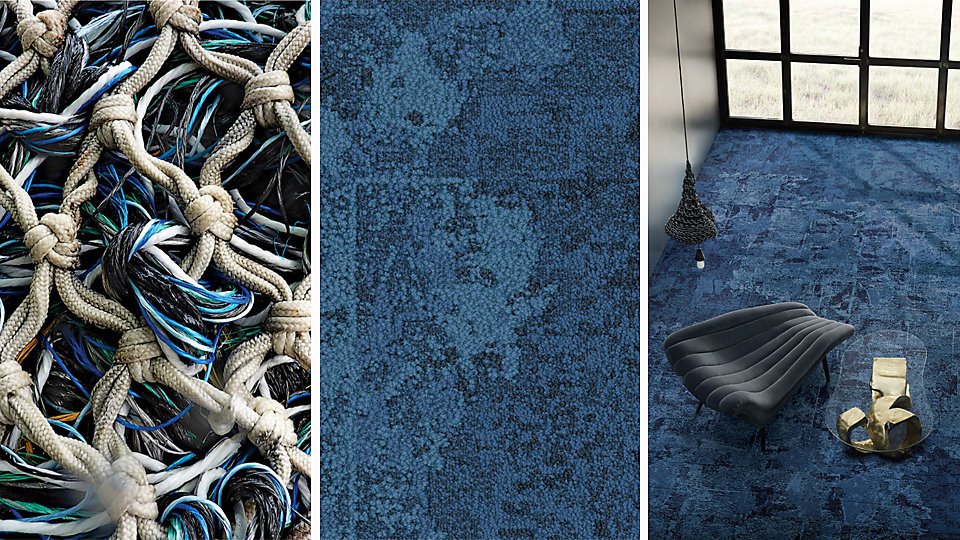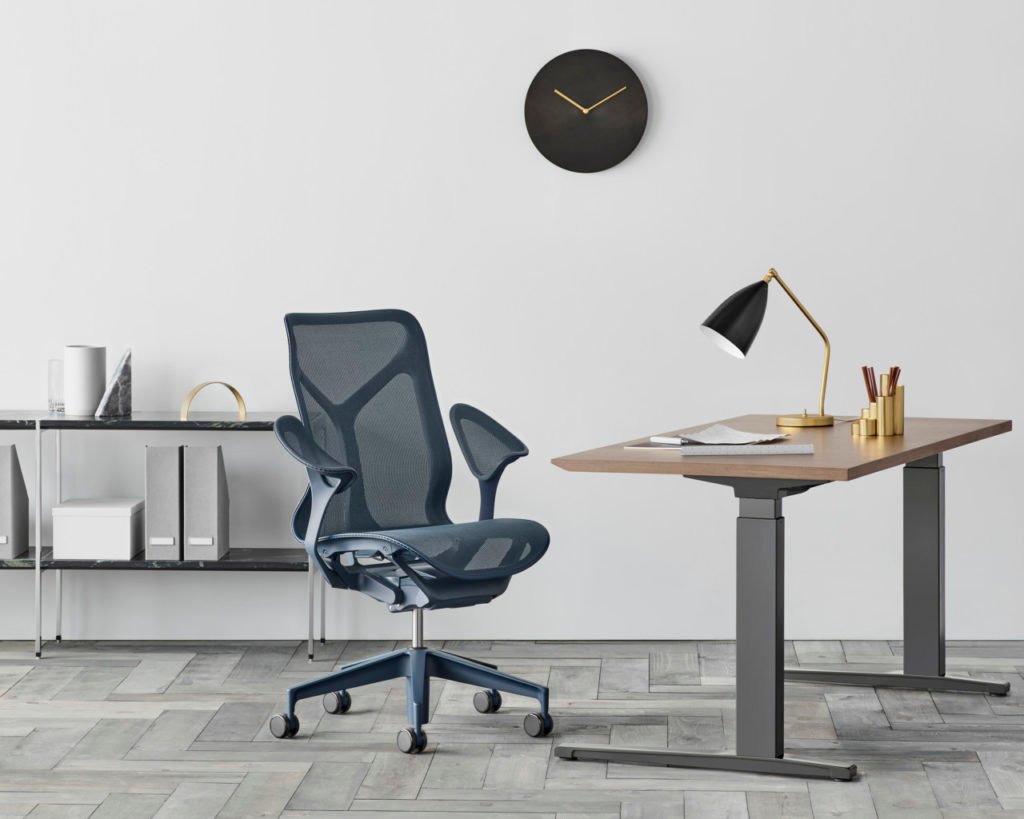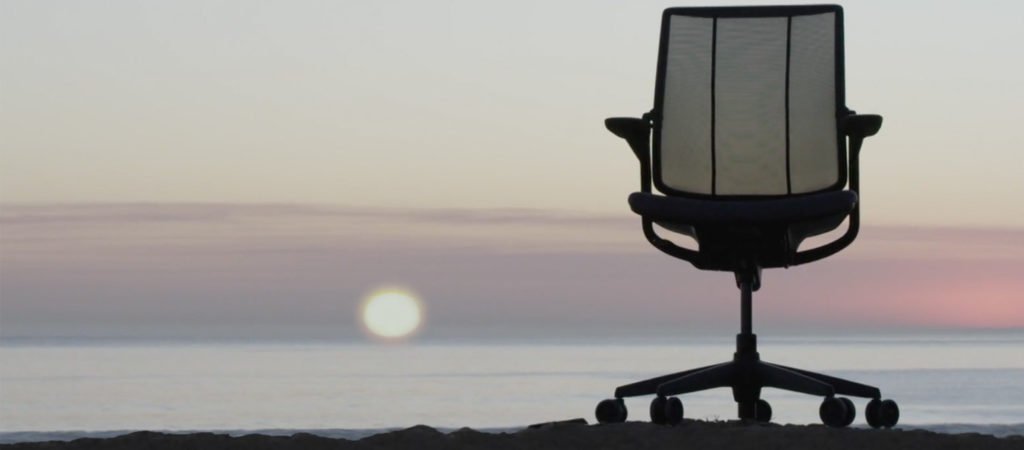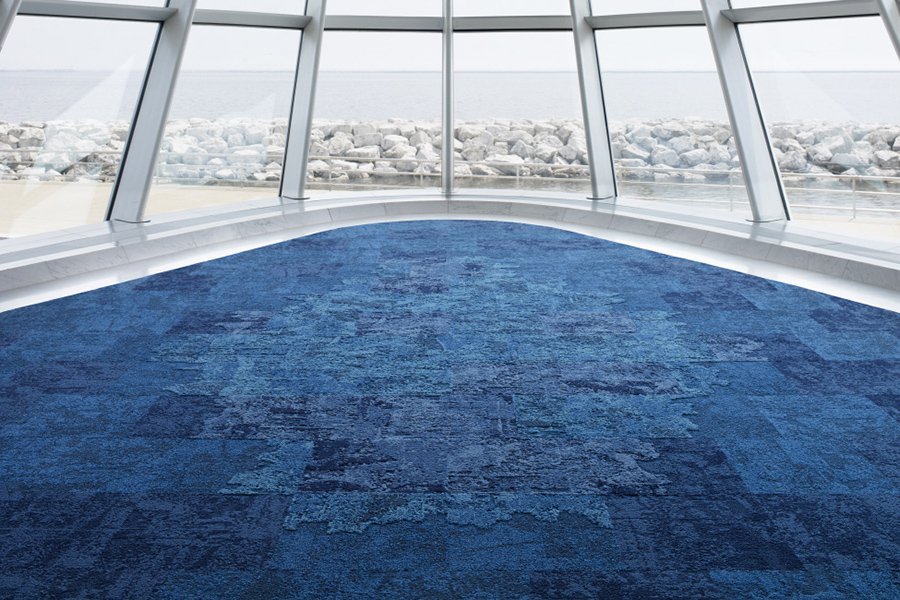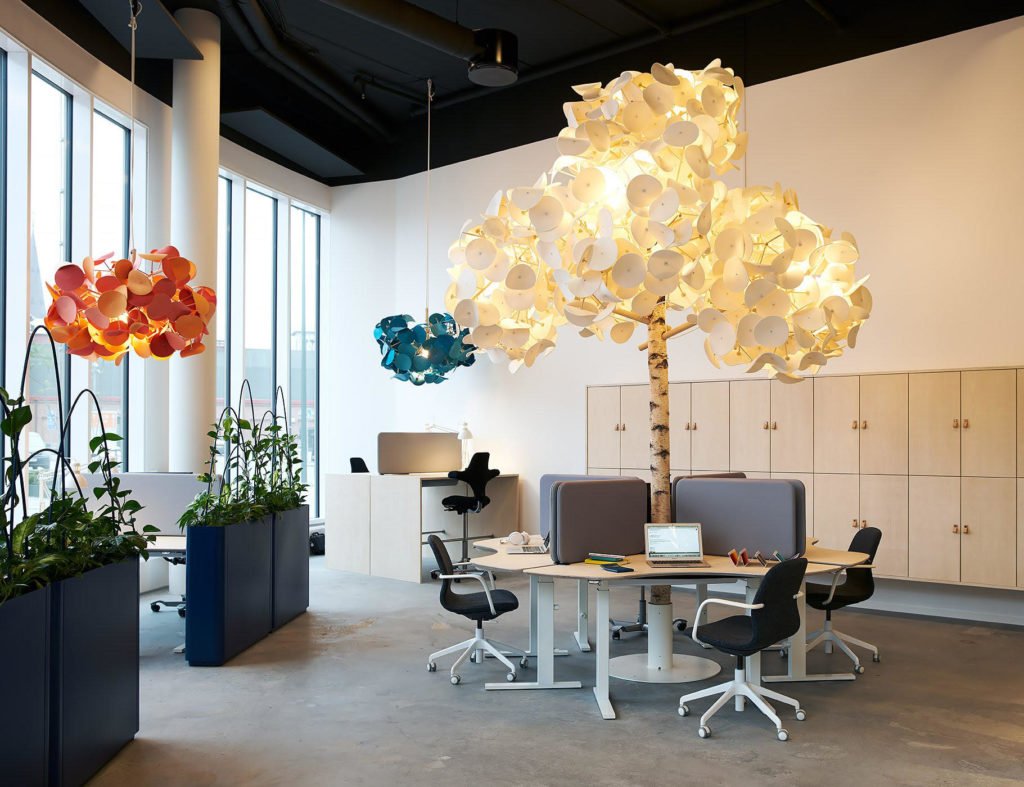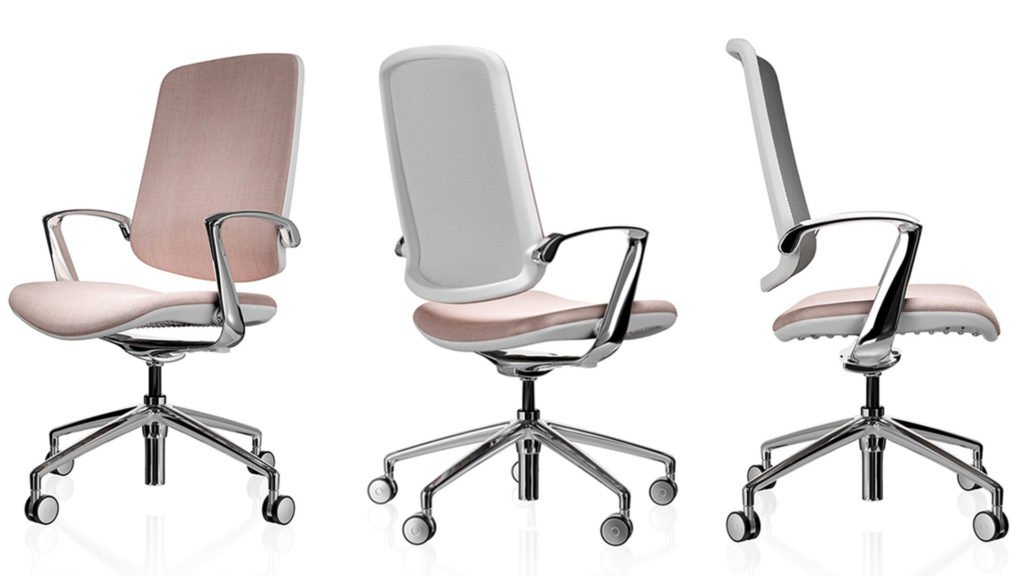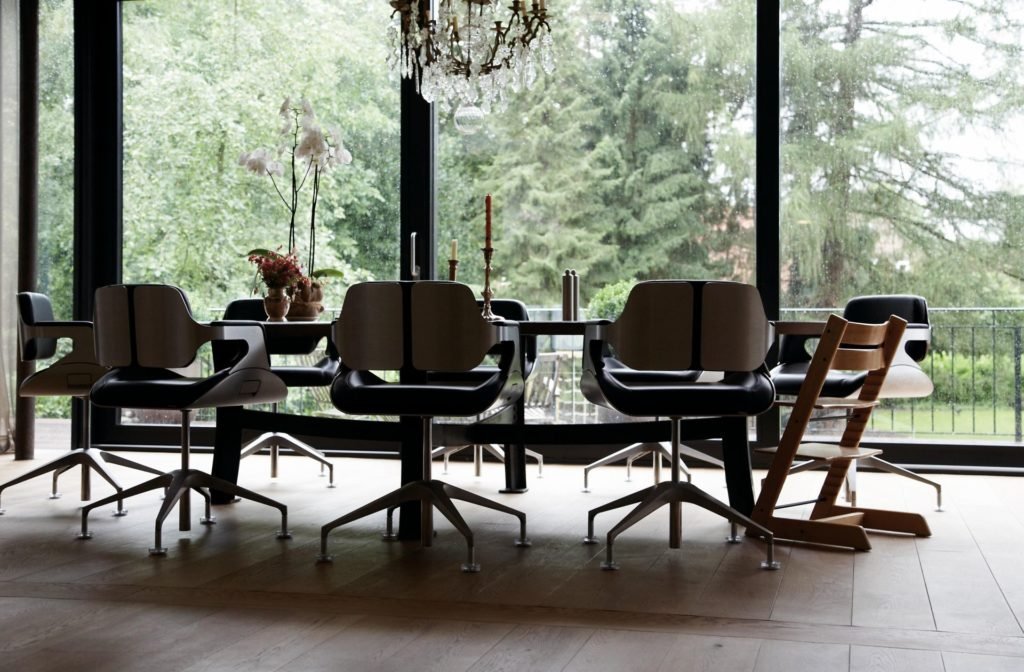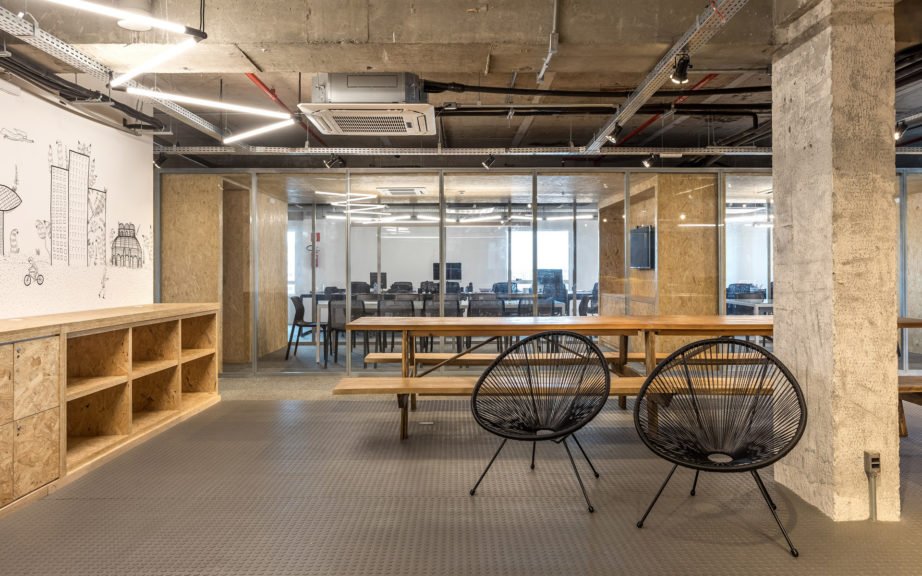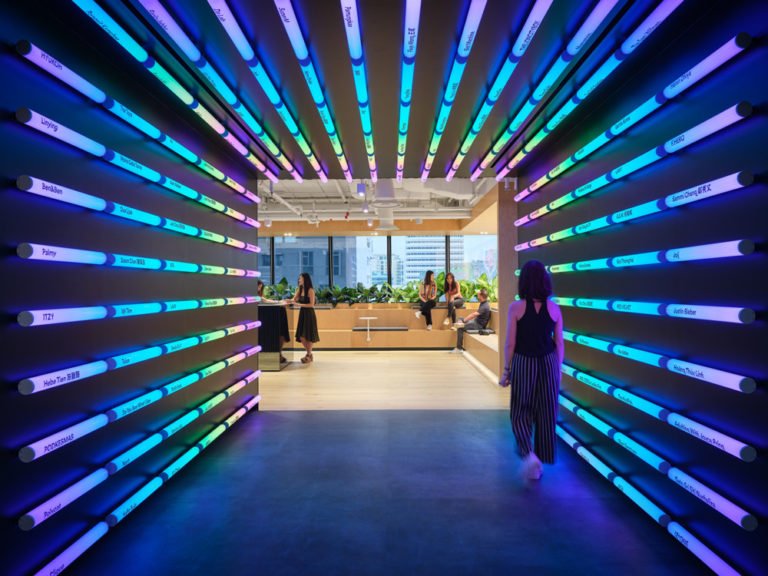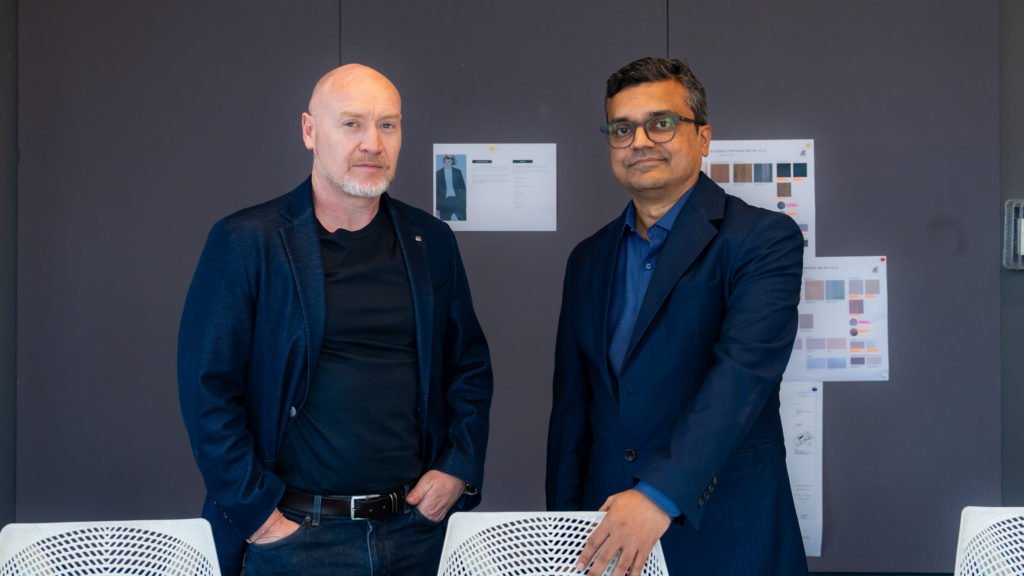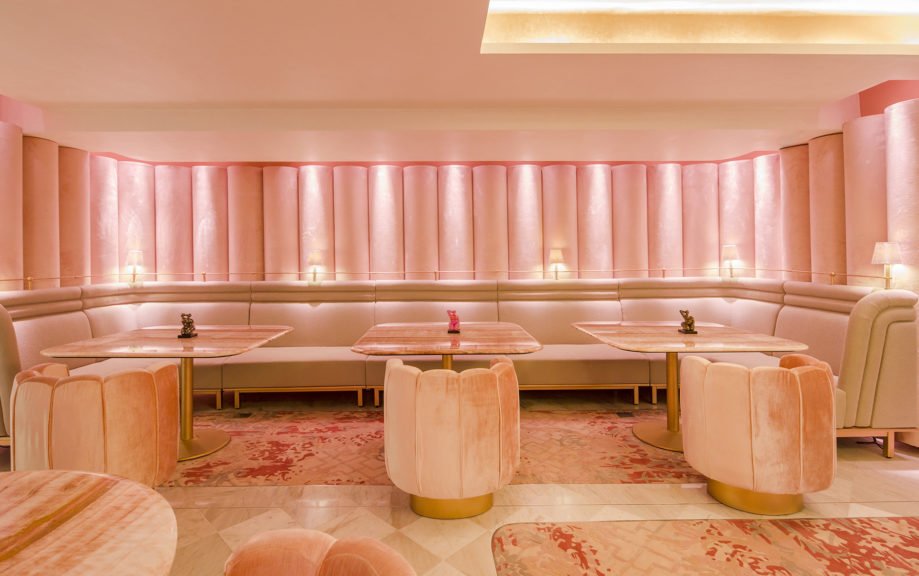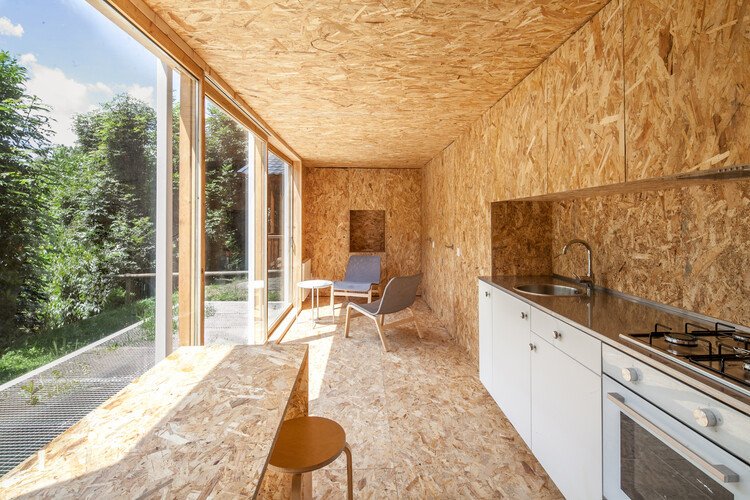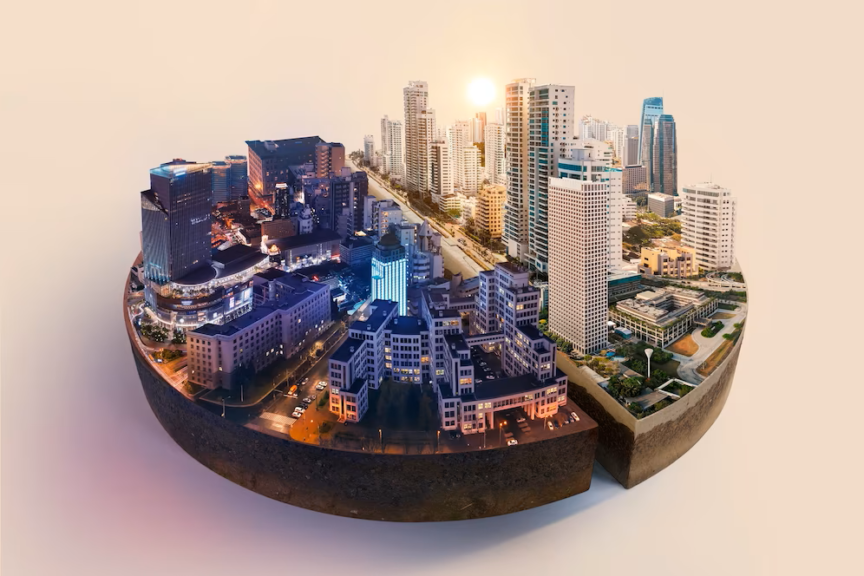As much as we would love to, it’s hard to imagine a world without plastics. Regarded by most engineering communities as a top contender for the most important invention of the modern era, it’s entry saw the transformation of several industries and processes on a global scale – including the furniture industry.
There’s a high probability that the chair you are sitting on right now contains a plastic component. However, beyond design, manufacturing costs and ergonomics, there’s a much larger issue that has the industry’s attention. The ubiquitous and purely synthetic material we so proudly invented over a century ago has proven to be a menace to our environment. The Earth’s inability to decompose plastics has resulted in disruption and harm to the environment and it’s critical natural processes. Added to that are the growing concerns about its harmful effect on human health and the food chain.
The ban on plastic straws has probably been the most popular counter measure thus far. But it is certainly not the first. We spoke to several manufacturers to find out exactly what steps they are taking on their end.

